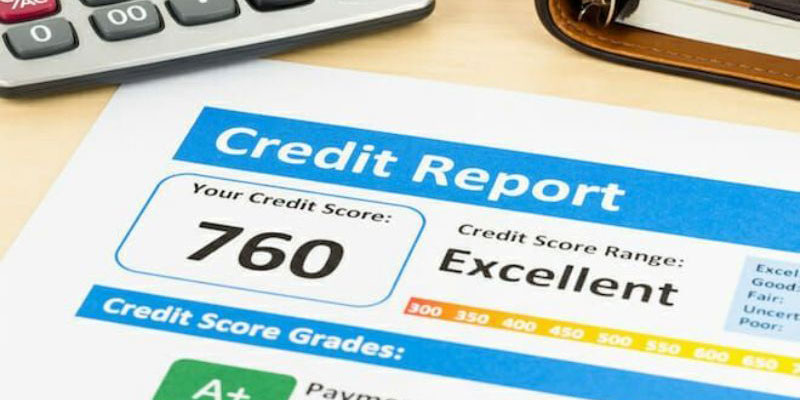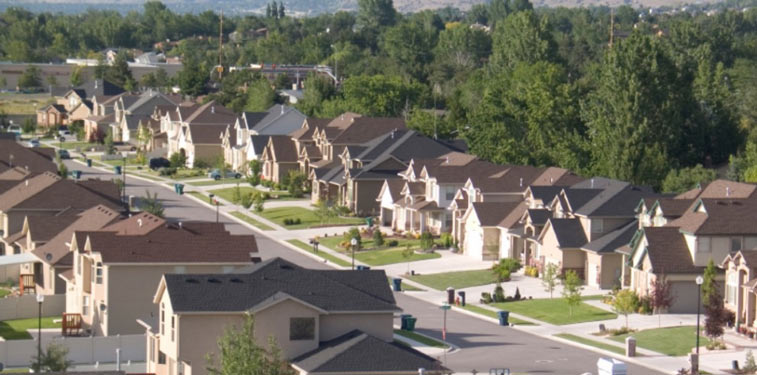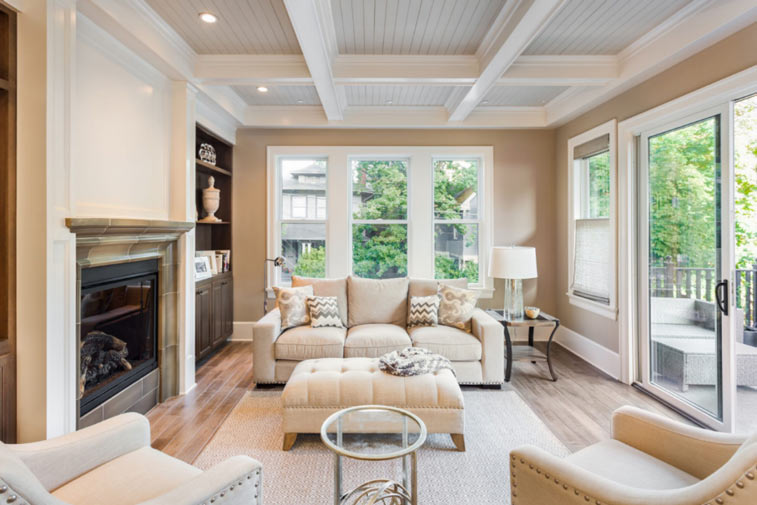How to Buy a Home With Good Resale Value
Dec 22, 2024 By Kelly Walker
Buying a home is one of the biggest decisions you’ll make in your lifetime, both financially and emotionally. You want to be sure that whatever house you buy has good resale value so that you can sell it quickly and for a nice profit sometime down the road when it's time to move on. But what is resale value? And how do you measure it?
In this post, we'll discuss identifying a home with good resale value – from checking out the neighbourhood to assessing potential renovations. With a little bit of research upfront, you can increase your chances of making an informed decision about buying your dream home while reaping its rewards later on!
Understanding what buyers are looking for - features, amenities, and market trends
Features and amenities are key to understanding what buyers look for in homes. While personal preferences will vary, most buyers look for certain features such as a modern kitchen, enough bedrooms and bathrooms, high ceilings, and energy-efficient appliances. Additionally, amenities like a swimming pool or nearby parks can add value to the home and make it more attractive to potential buyers.
It’s also important to pay attention to market trends when purchasing a home to ensure you’re making an informed decision. Paying attention to changes in the housing market, such as price fluctuations or interest rates, can help you better understand what types of homes are selling quickly and for how much. Doing your homework lets you understand the current market conditions and make decisions that will give your investment the best chance at success.
Research the neighbourhood to understand the potential resale value of your home
When buying a home, it’s important to research the neighbourhood and understand its potential for resale value. Factors such as nearby schools, shopping centres, restaurants and public transportation can all influence the home's resale value. Additionally, having access to quality healthcare facilities and recreational activities can make your house more desirable when you sell it.
Additionally, look into local crime rates to ensure you're buying a safe neighbourhood for yourself and any children living there. You should also pay attention to neighbours' upkeep of their homes; if they are well-maintained with consistent landscaping efforts, this is generally an indicator of a good neighbourhood where future buyers will be interested.
Consider schools, parks, public transport access, and other assets of the area
When buying a home with good resale value, consider the area's schools, parks, public transportation access, and other assets. Highly rated schools will attract potential buyers and add value to your home. Having nearby parks or recreational areas can also increase the desirability of your property. If you have easy access to public transportation such as buses or trains, this can also be an attractive feature for future buyers.
Additionally, look into businesses and amenities in the neighbourhood to see if they add any additional value or convenience for potential buyers. For example, being close to a grocery store may make your house more desirable than one farther away from those services. Additionally, having restaurants and entertainment venues nearby could be a major draw for young professionals or families looking to move into the neighbourhood.
Finally, consider the proximity of your house to major highways and other transportation arteries. Easy access to those routes can make your home more attractive to buyers with long commute times.
Consider buying a fixer-upper in need of renovations to increase property value
Buying and renovating a fixer-upper can be an excellent option for those looking to get the most out of their home purchase. Renovations can add significant value to your property, making it more attractive when you want to resell. However, it's important to research before taking on such a project, as not all renovations may yield the same return on investment.
When considering buying a fixer-upper needing renovations, consider what types of projects will yield the best return on investment. Minor repairs and cosmetic upgrades like new paint or flooring can help spruce up the place without breaking the bank, while larger-scale renovations such as updating appliances or remodelling bathrooms may take more time and money. Consider which projects will yield the best return on investment and plan accordingly.
Additionally, consider hiring an experienced contractor to ensure the work is done correctly and efficiently. A quality contractor can help you choose the right materials for your renovations and help minimise costs where needed. Additionally, they can suggest upgrades that would increase property value but not break your budget.
Invest in quality materials when renovating to ensure a good return on investment
When renovating a home to increase resale value, it's important to invest in quality materials. This will ensure that you get the best return on investment when selling your home down the road. Quality materials are more durable and can help improve your renovations' appearance and functionality. Additionally, they may require less maintenance over time, saving you money in the long run.
Considering energy efficiency when choosing materials for your renovation projects is important. Upgrading inefficient appliances and fixtures with Energy Star-certified items can help reduce energy costs for future owners and make your property more attractive in the market. Investing in insulation or other green features can also help boost the value of your home while lowering future utility bills.
When budgeting for your renovations, consider setting aside additional funds to purchase quality materials that will last. This may include higher-grade paint, durable flooring or countertops, and energy-efficient fixtures such as lighting or appliances. Additionally, look for warranties when buying major components like windows or doors to ensure you get the most out of your investment.
Speak to local real estate experts and get their opinion on the best homes for resale value
Finally, speaking with local real estate professionals or contractors is important when researching. They can advise on which homes have the best resale value and what renovations are worth making to increase property value. Additionally, speaking with someone with experience in the area can help you avoid costly mistakes that could impact your investment.
Ultimately, understanding how to buy a home with good resale value is key to achieving maximum return on investment. Taking the time to do your research upfront – from assessing neighbourhood amenities and proximity to transportation arteries, considering renovations, investing in quality materials and consulting local experts – can go a long way towards ensuring success.
With careful planning and foresight, you can make an informed decision on your purchase and increase the chances of having a profitable experience when it's time to resell.
FAQs
Q1. What is resale value?
A1: Resale value is the estimated worth of a home after improvements, and renovations have been made to it. Factors like local real estate market trends, neighbourhood amenities, and the home's condition determine it.
Q2. How do I know if a house has good resale value?
A2: The best way to measure a home's potential resale value is to research the local real estate market and neighbourhood amenities to understand what similar homes sell for. Additionally, you should assess any potential renovation costs needed to bring the property up to current standards, as this will affect its final resale price.
Q3. What should I look for when buying a home with good resale value?
A3: When looking for a property with good resale value, you should consider factors such as the size of the lot, neighbourhood amenities, walkability, and access to public transportation. Additionally, it's important to research any potential renovations that could be done to improve the property and its resale prospects.
Conclusion
Buying a home with good resale value is an important decision that requires careful consideration and research. Taking the time to assess neighbourhood amenities, consider potential renovations, invest in quality materials, and speak to local real estate experts can help you make an informed decision and increase your chances of selling your property quickly and for a nice profit when it's time to move on. With this knowledge, buying a home with good resale value should be easier than ever!
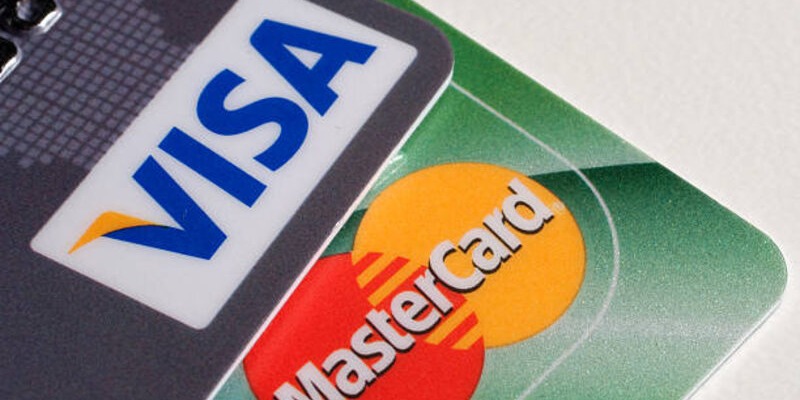
A Comprehensive Review of Capital One Walmart Rewards Mastercard
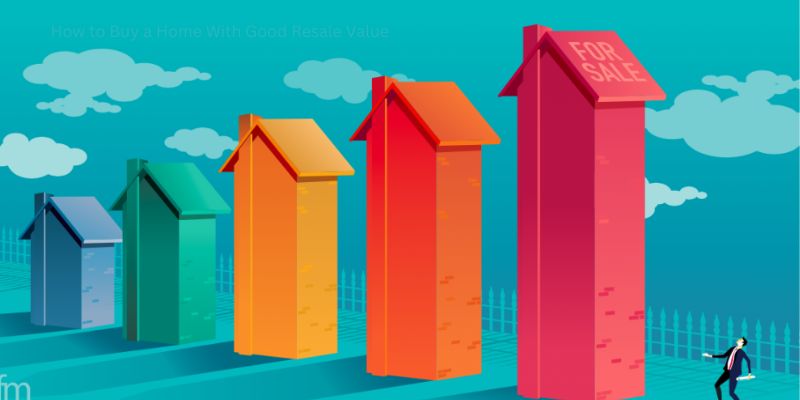
How to Buy a Home With Good Resale Value

What is a Like-Kind Exchange

Revolving Credit vs. Line of Credit
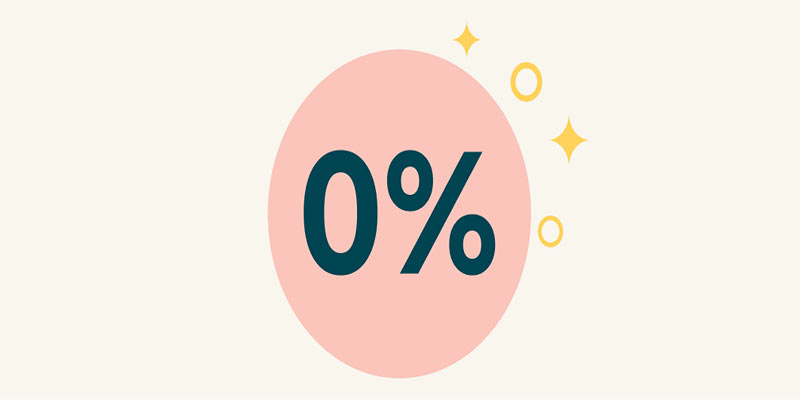
Zero Interest Loans: Why You Should Beware
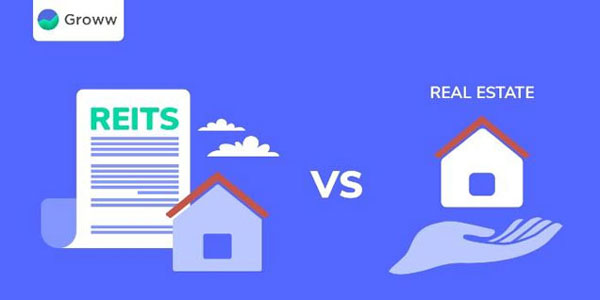
REITs vs Real Estate Investment Funds: How They Compare
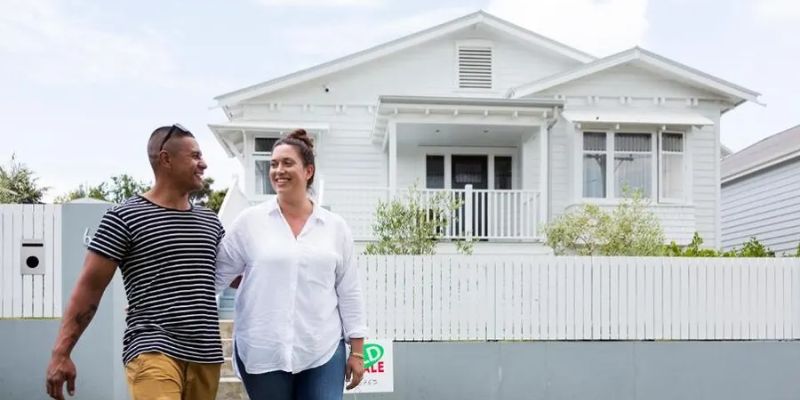
How to Get a Mortgage Without a Job: 5 Tips for Success

Avant Personal Loans Review

Why Not Buy Before the Dividend and Then Sell?
